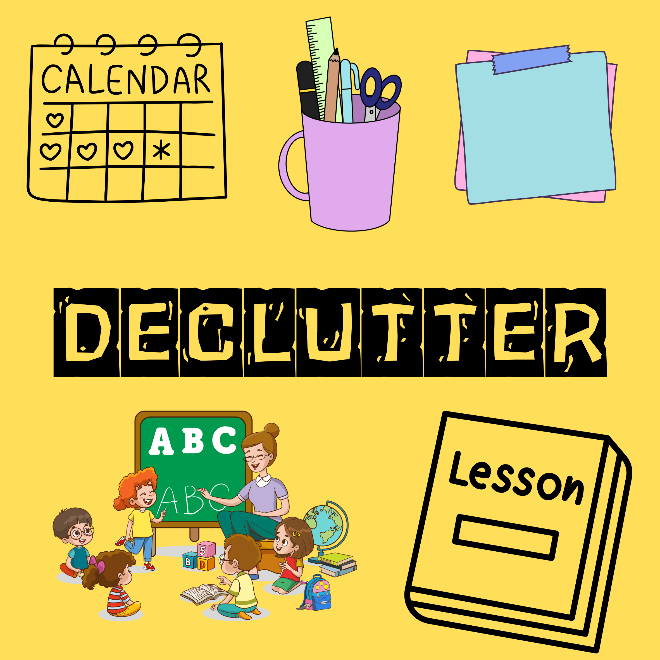February 2nd, 2026
The word ‘coach’ conjures up images of an athletic type, maybe wearing track pants with a whistle around their neck and a playbook in their hand! If you’re a school leader or classroom teacher, you can rest assured that instructional coaches won’t be entering your school or classrooms ready to put anyone in the penalty box; instead, they’ll be arriving excited to enter into a caring, professional partnership with you and your colleagues. Instructional coaches have played a key role in supporting teachers’ learning for years, but lately this dynamic has become even more of a formalized, expected practice and routine. Providing individualized support to teachers right within the walls of their own school or classroom is proving to enrich and strengthen instructional strategies for novice and seasoned teachers, alike!
As a classroom teacher, you may be wondering what to expect from your coach. Though each district, school, and program will have its own unique goals and expectations, here are some things to anticipate as you begin to work with an instructional coach:
It’s all about the kids!
Coaching is not about evaluating. Rather, your coach’s purpose and focus is student learning. How he or she can thoughtfully guide you to fine-tune your instructional practices in order to best meet the needs of your students is very likely at the forefront of your coach’s mind. Take a deep breath and know that this work is about helping you to perfect your craft so that your students will flourish, not about judging you.
Preparation is key!
It would be unusual for your coach to be in your classroom every day, every week or even every month! For that reason, you’ll want to be prepared to make the most of each minute that you do have with her or him. How can you help to keep the conversation meaningful and focused? Be ready to share a specific area or strategy in which you would love feedback. Studies show that instructional coaching holds the most promise for professional growth when it’s specific, individualized, context-specific and focused!
Stay open-minded!
Schools are responsible to scaffold their teachers so that they, in turn, will bring their very best instruction to their students each and every day. When your coach shares an observation or new technique, avoid taking on an offended stance. Instead, embrace the opportunity to look at your teaching through a new lens and to give something fresh and new a try. Chances are high that you (and your students) will be grateful that you did!
At GrapeSEED, we value our teachers! In addition to providing the very best English oral language acquisition program on the market, every GrapeSEED teacher receives personalized, focused & meaningful coaching support from their very own Professional Learning Specialist.





